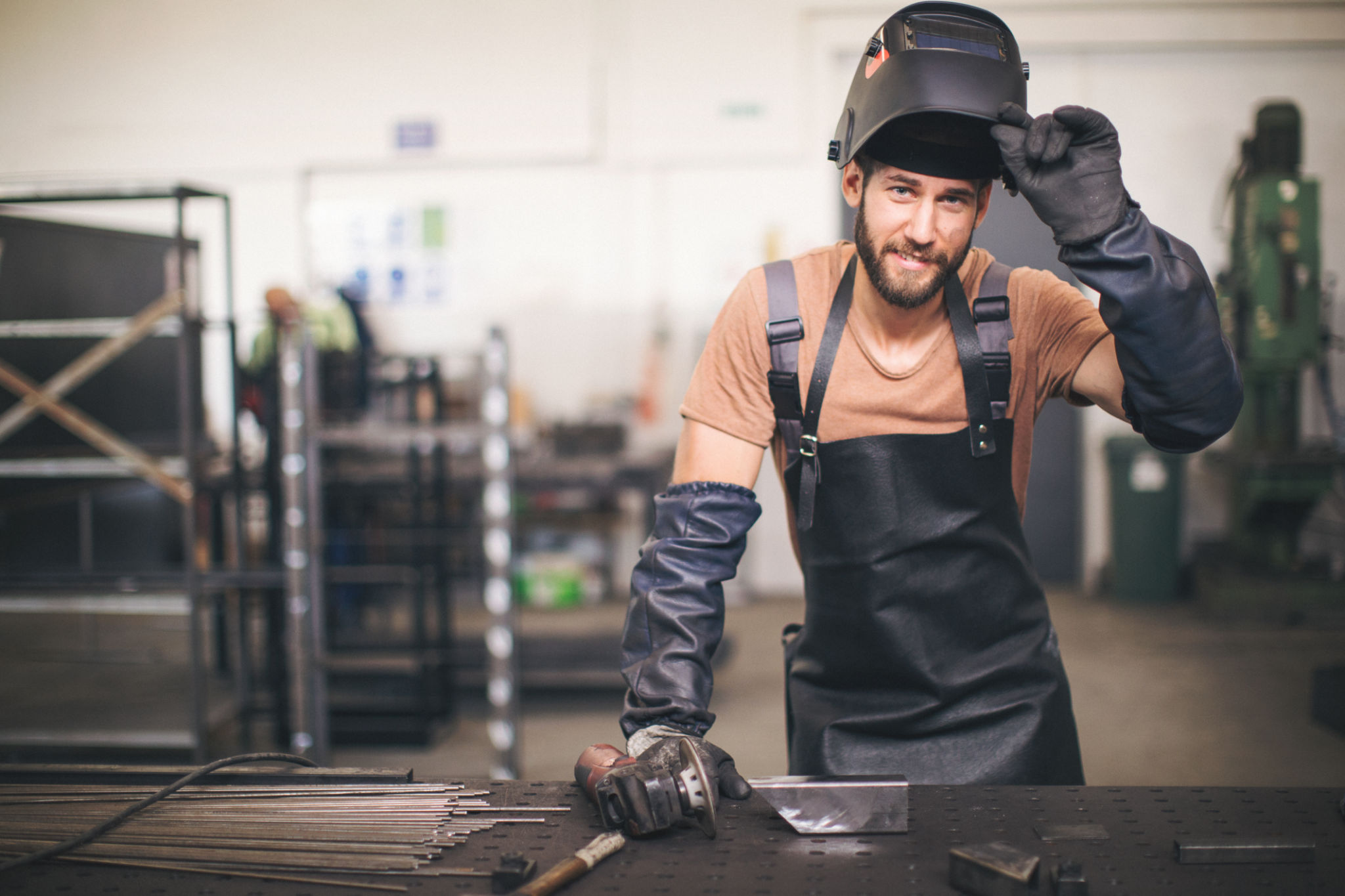DIY Welding Tips: When to Call the Specialists
Introduction to DIY Welding
Welding is a skill that many DIY enthusiasts find both challenging and rewarding. It allows you to create and repair metal structures, often saving money and providing a sense of accomplishment. However, it's important to recognize that welding can be complex and sometimes dangerous if not done correctly.

While there are many projects you can undertake on your own, there are certain situations where calling in a specialist is the best course of action. This blog post will guide you through some essential DIY welding tips and help you determine when it's time to seek professional assistance.
Essential Safety Tips for DIY Welders
Before diving into any welding project, safety should be your top priority. Welding involves high temperatures, electric currents, and potentially hazardous fumes. Here are some crucial safety tips to keep in mind:
- Always wear appropriate personal protective equipment (PPE), including gloves, a welding helmet, and flame-resistant clothing.
- Ensure your workspace is well-ventilated to avoid inhaling harmful fumes.
- Keep a fire extinguisher nearby in case of emergencies.

Following these safety guidelines will help prevent accidents and injuries, allowing you to focus on the task at hand.
Common DIY Welding Projects
There are numerous projects that DIY welders can tackle with relative ease. Some popular options include:
- Building a metal fence or gate for your property.
- Creating custom metal furniture pieces like tables or chairs.
- Repairing metal fixtures such as broken tools or machinery parts.
These projects often require basic welding skills and can be completed with minimal equipment. They provide an excellent opportunity to practice and hone your welding abilities.
Recognizing Your Limits
While many welding projects can be completed by hobbyists, it's crucial to recognize when a task is beyond your skill level. Attempting complicated or large-scale projects without the necessary expertise can lead to mistakes, damage, or even injury.
If you're unsure about your ability to complete a project, consider the following factors:
- The complexity of the project design.
- The thickness and type of metal being welded.
- The availability of the right tools and equipment.

If any of these aspects seem overwhelming, it's wise to consult with or hire a professional welder.
When to Call the Specialists
There are certain scenarios where professional expertise is not just beneficial but necessary. Here are some situations where you should definitely call in the specialists:
- Structural welds that require certification or inspection for safety compliance.
- Projects involving exotic metals like titanium or aluminum that require specific techniques and equipment.
- Repairs or installations in high-risk areas, such as gas lines or load-bearing structures.
In these cases, professional welders have the experience and training to execute the job safely and effectively.
Conclusion
DIY welding can be an exciting and fulfilling hobby, but it's essential to approach it with the right knowledge and precautions. By understanding your limitations and knowing when to call in the specialists, you can ensure that your projects are successful and safe.

Remember that there's no shame in seeking help when needed, and doing so can often save time, money, and potential hazards. Happy welding!